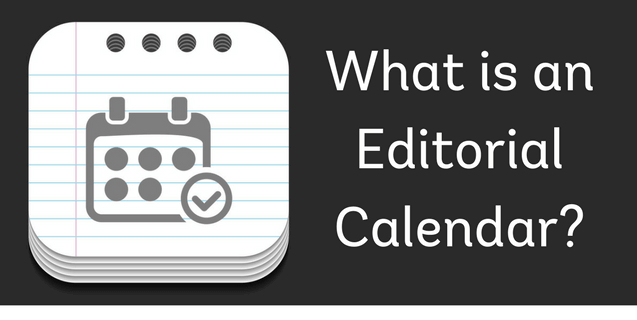The standard for content marketing has skyrocketed in recent years. With more and more businesses seeing the value of a solid content marketing strategy, along with search algorithms rewarding websites with high-quality content, good execution is a must. And good execution relies on great strategy. Here at Volume Nine, we believe that a good content marketing strategy starts with a solidly researched and planned editorial calendar.
What is an editorial calendar, exactly?
An editorial calendar is a calendar dedicated to organizing your content production. Also called a content calendar, it is a Google Sheet or Excel spreadsheet that includes key details regarding all blogs and creative assets you plan on publishing over the quarter. Most calendars include a title, the focus keyword(s), a description, the due date or publish date, any internal links, title length, goals of the post, and which personas the post is targeting.
Why use editorial calendars?
Consistent Plan
A content calendar is especially useful for your business blog. By sitting down and creating a content calendar, you’re essentially plotting your blog’s course and creating a strategy. The keyword research required to complete a calendar will ensure that each post you write has a search phrase with high volume that will drive organic traffic to your blog. Instead of scrambling each week to come up with an idea, you’re free to spend your energy writing the best post possible.
As mentioned earlier, you need consistency in content marketing, because content marketing isn’t a quick hitting strategy. To see results, you’ll need to publish high-quality blogs regularly. Editorial calendars help you develop consistency, and that will help you win both loyal readers and increased site authority.
Better SEO
If you’re still on the fence regarding whether you need a calendar, consider the SEO benefits. Producing consistent, fresh, and relevant content boosts your SEO. Moreover, with a content calendar, you can plan out internal linking strategies in a much more organized way. Again, search engines reward quality content, and any tool that helps you create better content will show its worth in increased website traffic.
The Details
The editorial calendar should be a place for ideas to be explored and defined. The calendar will have specific dates when content will be released. It needs to have relevant details on each specific post, so your writers have a clear guide for the expectations of the post. You should include the topic as well as a title (even if it’s just a working title).
I’ve listed some of the staples to include in your editorial calendar, but part of the beauty of the editorial calendar is that it’s customizable to your needs. You can add buyer personas to target, relevant calls to action, specific notes for your writers, or anything else that makes sense for you.
